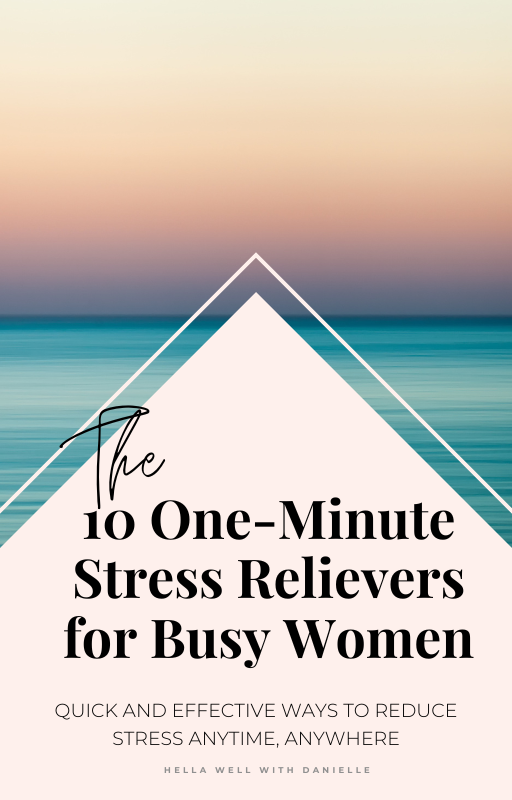
Don’t Should On Yourself!
Should is one of the most harmful words in the English language. It’s also a word after listening to this podcast episode that may have you rethinking ever using it again. I don’t know about you, but I find myself should-ing all over myself all the time; most of the time it’s not intentional. Why do we do it? And seriously, who is this external authority that has you feeling like you “should” feel or be a certain way?
Nothing good ever comes after the word should as it’s always a judgment. “I should lose weight” or “you should be careful.” To take it one step further, even the definition of the word feels hella negative. Webster defines it as “used to indicate obligation, duty, or correctness, typically when criticizing someone’s actions.”
Though one may have good intentions when using the word and think they are being helpful. It is often used to correct behavior with negative emotions, which sounds good. However, no matter how you look at it, the reality is that should is a judgment and maybe not the best motivator.
Things You Hella Want To Catch
- the effectiveness of using negative emotions to change behaviors
- Core meaning behind this harmful word
- Why perhaps you may want to stop using the word immediately
- Alternatives that will help you thrive and not simply survive.
Journal Prompts
- Describe how do you feel when you or someone else shoulds all over you?
- Describe how you think others feel when you are criticizing them, even if your intentions are good.
- Why do you think you use this word so often?

